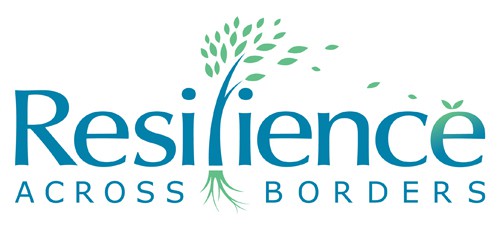
Our Impact
Beginning in 2015 (one year prior to the establishment of Resilience Across Borders), Catholic University of America and Alvord, Baker & Associates began a project to implement the Resilience Builder Program® (RBP) in schools that serve economically marginalized communities in Maryland and Washington, DC. Once Resilience Across Borders gained 501(c)(3) status in 2016, we expanded our efforts. Between 2015 and 2020, nearly 300 children and families participated in the RBP across three public schools, one charter school, and one tuition-free private school. The RBP was administered to small groups of children identified by school personnel as struggling with emotion regulation and/or social competence as part of a randomized controlled trial. Positively, students who received the RBP had significant improvements in their resilience, interpersonal skills, emotional self-regulation, classroom engagement, academic motivation, and study skills, as well as a significant decrease in negative emotion compared to students in the delayed treatment sample who had not yet received the intervention (Rich et al., 2022; Rich et al., 2019; Senior et al., 2022).
Following years of successfully implementing the RBP in schools, our partner school administrators and teachers expressed a need for more of their students to benefit from the resilience skills highlighted in the RBP. Thanks to generous donations and a grant from the American Psychological Association’s Society of Clinical Child and Adolescent Psychology (SCCAP), we were able to use the time during pandemic-related school closures as an opportunity to adapt the RBP to the Resilience Builder Program-Universal™ (RBP-U). During the 2021-2022 school year, RAB provided training and consultation to a teacher who piloted the first three lessons of the RBP-U to 20 students. This school year, RAB trained 11 teachers across three schools to administer all 12 lessons of the RBP-U to their classrooms, reaching about 200 students. Our partner schools are providing us with valuable feedback so the RBP-U can continue to be tailored and adapted to best meet the needs of the students.
